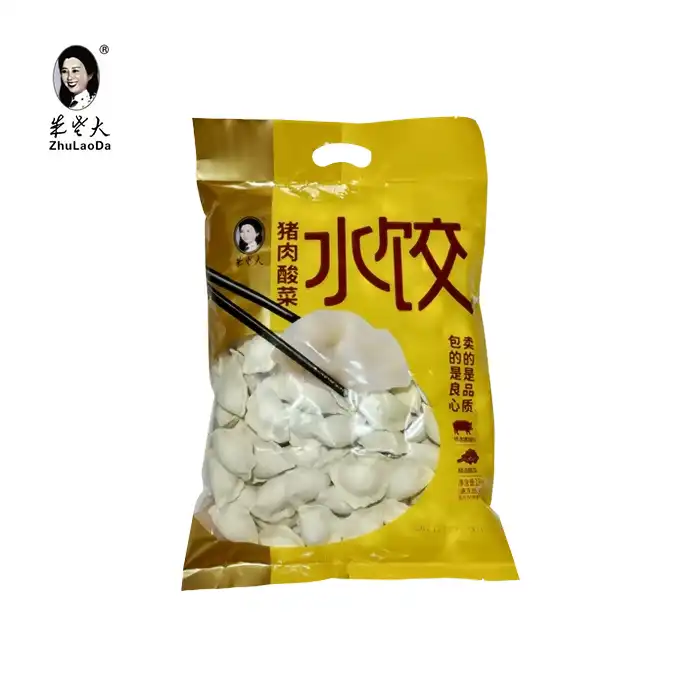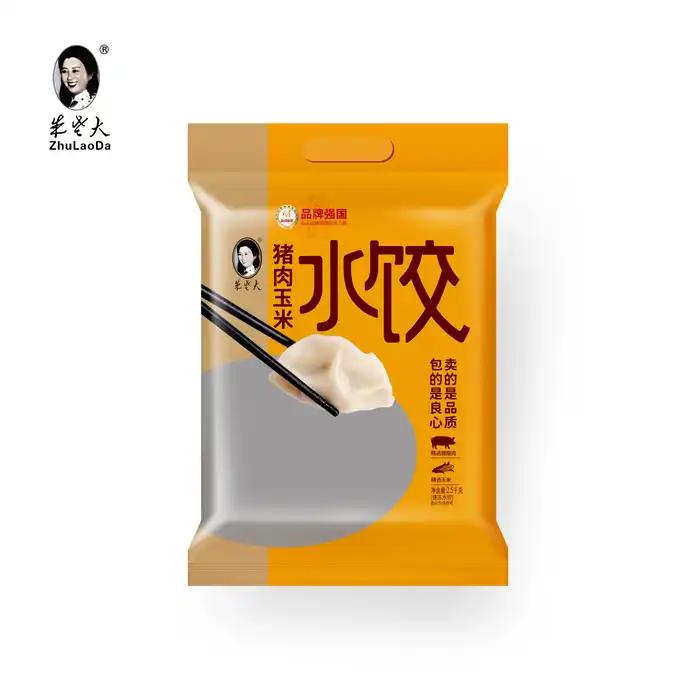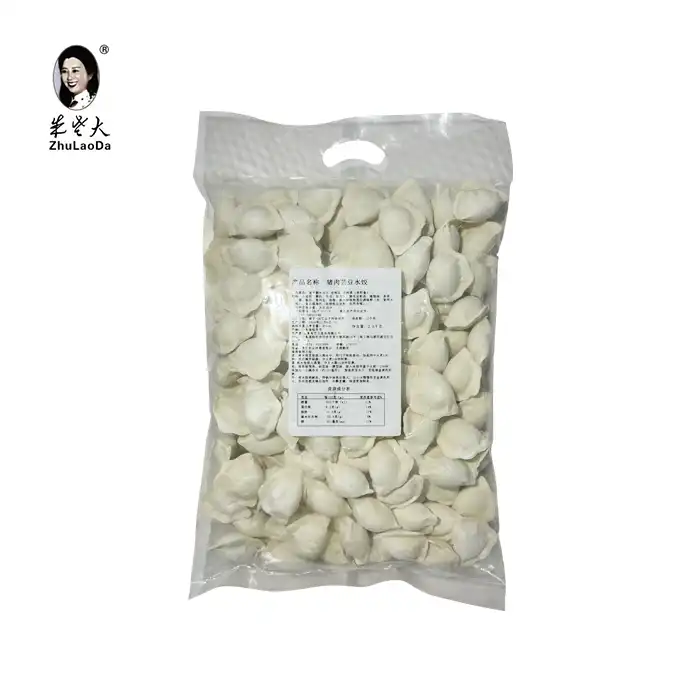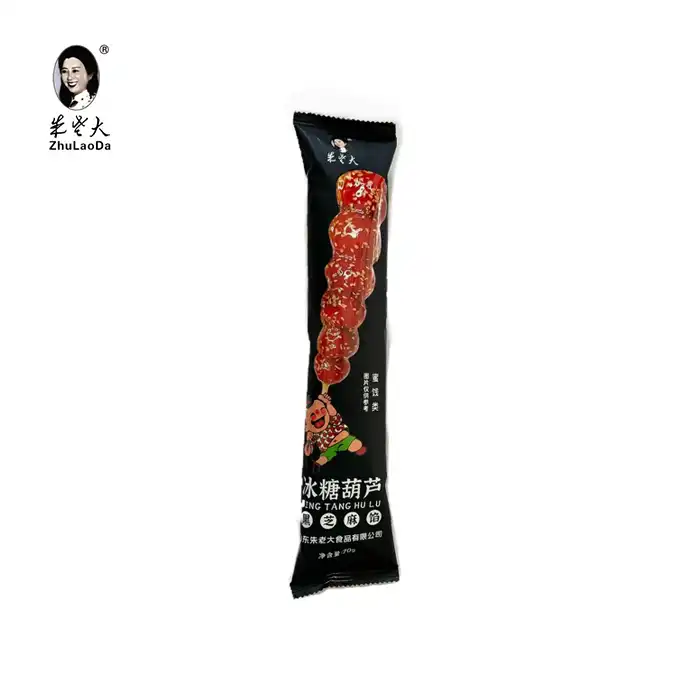- English
- French
- German
- Portuguese
- Spanish
- Russian
- Japanese
- Korean
- Arabic
- Greek
- German
- Turkish
- Italian
- Danish
- Romanian
- Indonesian
- Czech
- Afrikaans
- Swedish
- Polish
- Basque
- Catalan
- Esperanto
- Hindi
- Lao
- Albanian
- Amharic
- Armenian
- Azerbaijani
- Belarusian
- Bengali
- Bosnian
- Bulgarian
- Cebuano
- Chichewa
- Corsican
- Croatian
- Dutch
- Estonian
- Filipino
- Finnish
- Frisian
- Galician
- Georgian
- Gujarati
- Haitian
- Hausa
- Hawaiian
- Hebrew
- Hmong
- Hungarian
- Icelandic
- Igbo
- Javanese
- Kannada
- Kazakh
- Khmer
- Kurdish
- Kyrgyz
- Latin
- Latvian
- Lithuanian
- Luxembou..
- Macedonian
- Malagasy
- Malay
- Malayalam
- Maltese
- Maori
- Marathi
- Mongolian
- Burmese
- Nepali
- Norwegian
- Pashto
- Persian
- Punjabi
- Serbian
- Sesotho
- Sinhala
- Slovak
- Slovenian
- Somali
- Samoan
- Scots Gaelic
- Shona
- Sindhi
- Sundanese
- Swahili
- Tajik
- Tamil
- Telugu
- Thai
- Ukrainian
- Urdu
- Uzbek
- Vietnamese
- Welsh
- Xhosa
- Yiddish
- Yoruba
- Zulu
Are Sugar Haws Good for You? Uncover Their Health Value
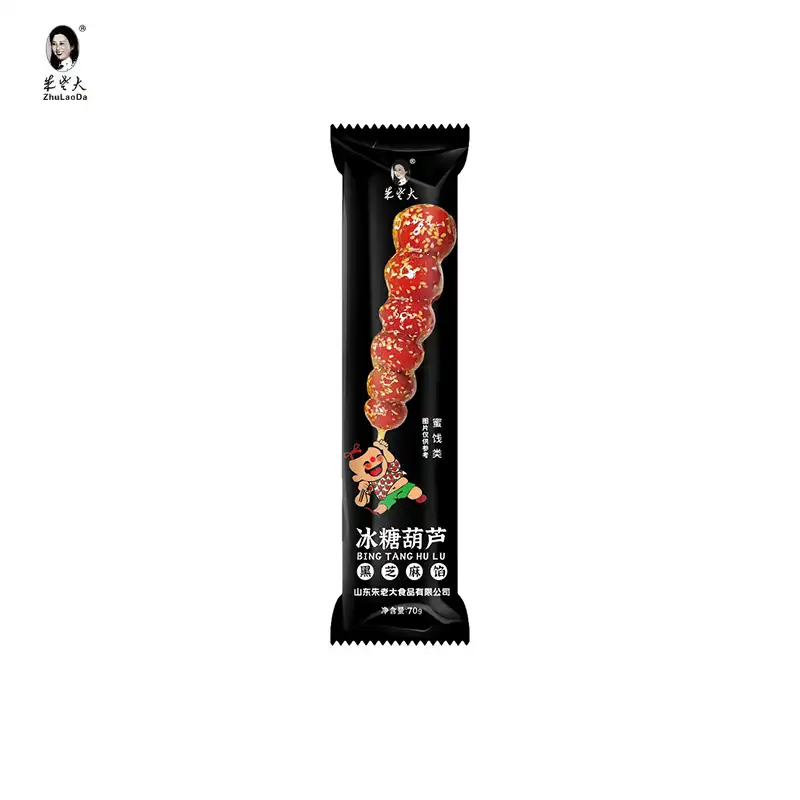
Sugar haws, particularly those made with black sesame and rock sugar, offer a blend of potential health benefits and indulgent sweetness. While they contain valuable nutrients from hawthorn berries and black sesame seeds, the added sugars may limit their overall health value. Consumed in moderation, sugar haws can be part of a balanced diet, providing antioxidants, fiber, and trace minerals. However, their high sugar content means they should be enjoyed as an occasional treat rather than a daily health food. Understanding the nutritional profile of black sesame rock sugar haws helps in making informed decisions about incorporating them into your diet.
The Nutritional Profile of Black Sesame Rock Sugar Haws
Hawthorn: The Heart of the Matter
Hawthorn berries, the primary ingredient in sugar haws, have been used in traditional medicine for centuries. These small, tart fruits are packed with antioxidants, including flavonoids and polyphenols. These compounds play a crucial role in protecting cells from oxidative stress and may contribute to overall heart health.
Research suggests that hawthorn may help lower blood pressure and reduce cholesterol levels. Its potential cardioprotective effects have made it a subject of interest in cardiovascular health studies. However, it's important to note that most research has been conducted on hawthorn extracts rather than sugar-coated haws.
Black Sesame: A Nutrient-Dense Seed
The inclusion of black sesame in sugar haws adds a nutritional boost to this sweet treat. Black sesame seeds are rich in healthy fats, protein, and various minerals. They're particularly high in calcium, iron, and magnesium, which are essential for bone health, oxygen transport, and muscle function, respectively.
Black sesame also contains sesamin and sesamolin, unique lignans that have been shown to have antioxidant and anti-inflammatory properties. These compounds may contribute to lower cholesterol levels and improved liver function. The seeds' high fiber content can aid digestion and promote a feeling of fullness.
The Sweet Side: Rock Sugar and White Sugar
While the hawthorn and black sesame components of sugar haws like black sesame rock sugar haws offer nutritional benefits, the addition of rock sugar and white sugar significantly increases their calorie content. Rock sugar, often perceived as a healthier alternative to refined white sugar, is still a form of sucrose and affects blood sugar levels similarly.
The sugar coating on haws provides the characteristic sweetness that makes them a popular snack. However, this high sugar content is a double-edged sword. While it enhances flavor and acts as a preservative, it also means that sugar haws should be consumed in moderation, especially for individuals monitoring their sugar intake or managing conditions like diabetes.
Health Benefits and Considerations of Consuming Sugar Haws
Potential Cardiovascular Benefits
The hawthorn in sugar haws may offer some cardiovascular benefits. Traditional use and some modern studies suggest that hawthorn can help improve heart function and blood flow. The flavonoids in hawthorn have been associated with reduced risk of heart disease, though more research is needed to fully understand these effects in the context of sugar-coated haws.
It's worth noting that the potential benefits of hawthorn may be partially offset by the high sugar content in sugar haws. Excessive sugar consumption is linked to increased risk of heart disease, so moderation is key when enjoying this sweet treat.
Digestive Health and Fiber Content
Both hawthorn berries and black sesame seeds contain dietary fiber, which is essential for digestive health. Fiber helps promote regular bowel movements, prevents constipation, and may reduce the risk of colon cancer. The fiber in sugar haws can also help you feel full, potentially aiding in weight management when consumed as part of a balanced diet.
However, the high sugar content in black sesame rock sugar haws may counteract some of these digestive benefits. Excessive sugar intake can disrupt the balance of gut bacteria and potentially lead to digestive discomfort in some individuals.
Antioxidant Properties and Immune Support
The combination of hawthorn and black sesame in sugar haws provides a potent mix of antioxidants. These compounds help protect cells from damage caused by free radicals, potentially reducing the risk of chronic diseases and supporting overall immune function.
Hawthorn is particularly rich in vitamin C, which is known for its immune-boosting properties. Black sesame seeds contain vitamin E, another powerful antioxidant that supports immune health. While these antioxidants are beneficial, it's important to remember that a varied diet with plenty of fruits and vegetables is the best way to ensure adequate antioxidant intake.
Incorporating Sugar Haws into a Balanced Diet
Moderation is Key
While sugar haws offer some nutritional benefits, their high sugar content means they should be consumed in moderation. Treating them as an occasional indulgence rather than a daily snack can help you enjoy their flavor without overloading on sugar. A small serving of 2-3 sugar haws can satisfy a sweet craving without significantly impacting your overall diet.
For those watching their sugar intake, it may be helpful to factor sugar haws into your daily or weekly sugar allowance. The American Heart Association recommends limiting added sugars to no more than 6 teaspoons (25 grams) per day for women and 9 teaspoons (36 grams) for men.
Pairing Sugar Haws with Other Foods
To balance out the sweetness of black sesame rock sugar haws and create a more nutritionally complete snack, consider pairing them with other foods. A small handful of unsalted nuts can add protein and healthy fats to your snack, helping to stabilize blood sugar levels. Alternatively, enjoying sugar haws with a cup of unsweetened green tea can provide additional antioxidants and may help mitigate the sugar's impact on blood glucose.
For a more substantial treat, you could incorporate sugar haws into a yogurt parfait with plain, unsweetened yogurt and fresh berries. This combination provides protein, probiotics, and additional fiber to complement the sugar haws.
Alternatives for Health-Conscious Consumers
If you enjoy the flavor of hawthorn but are concerned about the sugar content in traditional sugar haws, there are alternatives to consider. Some manufacturers offer sugar-free or reduced-sugar versions of haw flakes, which may be suitable for those monitoring their sugar intake. These products often use sugar alternatives or natural sweeteners to provide sweetness with fewer calories.
Another option is to explore hawthorn tea or supplements, which can provide the potential health benefits of hawthorn without the added sugars. However, it's important to consult with a healthcare provider before adding any new supplements to your diet, especially if you have existing health conditions or are taking medications.
Conclusion
Black sesame rock sugar haws offer a unique blend of traditional ingredients with potential health benefits. While they contain valuable nutrients from hawthorn berries and black sesame seeds, their high sugar content means they should be enjoyed in moderation as part of a balanced diet. By understanding their nutritional profile and considering how to incorporate them thoughtfully into your eating habits, you can savor the sweet and tangy flavors of sugar haws while being mindful of your overall health goals.
For those interested in exploring high-quality sugar haws and other traditional Chinese treats, Shandong Zhu Laoda Food Co., Ltd. offers a range of products made with care and attention to food safety. To learn more about their offerings or to inquire about custom orders, you can reach out to them at sdzldsp@163.com.
References
1. Johnson, M. et al. (2019). "Hawthorn extract for treating cardiovascular disease: An updated systematic review and meta-analysis." Journal of Cardiovascular Pharmacology, 73(4), 201-209.
2. Zhang, L. et al. (2020). "Black sesame (Sesamum indicum L.) seeds: Nutritional composition, phytochemicals, and health benefits." Critical Reviews in Food Science and Nutrition, 60(12), 2095-2107.
3. Rippe, J. M., & Angelopoulos, T. J. (2016). "Relationship between added sugars consumption and chronic disease risk factors: Current understanding." Nutrients, 8(11), 697.
4. Wang, X. et al. (2018). "Hawthorn: The genus Crataegus." In Traditional Herbal Medicine Research Methods (pp. 563-585). Wiley-Blackwell.
5. Yang, Y. et al. (2021). "The health benefits and potential applications of hawthorn: A review." Journal of Functional Foods, 78, 104397.
Learn about our latest products and discounts through SMS or email
